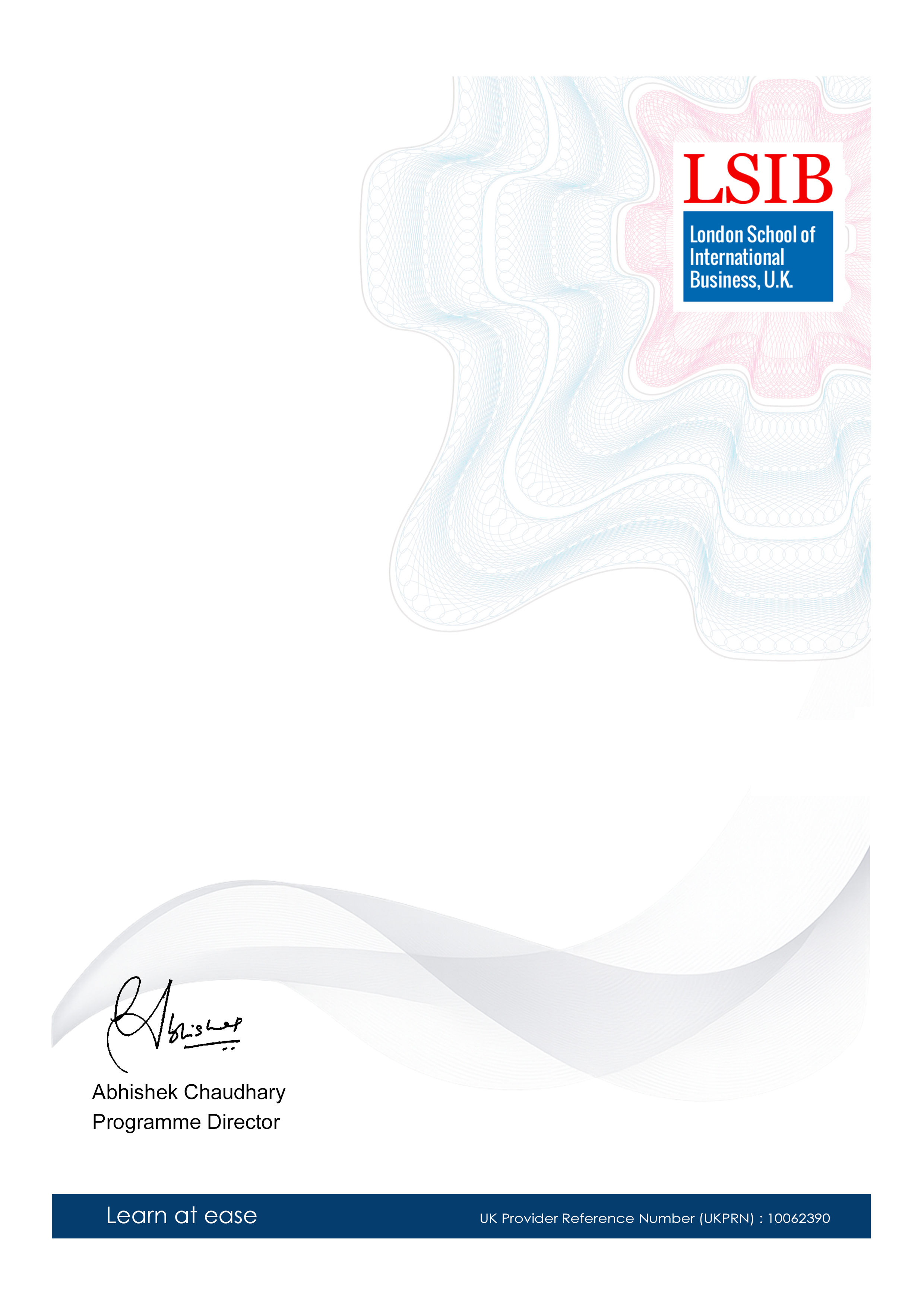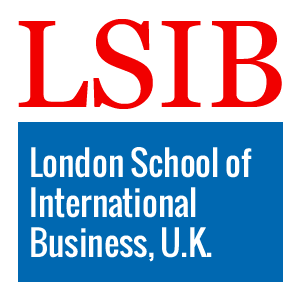Course details
Loading...
Generating course details...
• Security Fundamentals and Risk Management: This unit covers the basics of security management, including risk assessment, threat analysis, and vulnerability management. It provides a solid foundation for understanding the principles of security management and its application in various industries.
• Industrial Security Regulations and Compliance: This unit focuses on the regulations and compliance requirements for industrial security, including laws, policies, and standards. It helps students understand the legal and regulatory framework governing industrial security and how to ensure compliance.
• Physical Security and Access Control: This unit covers the principles and practices of physical security, including access control, surveillance, and alarm systems. It provides students with the knowledge and skills to design and implement effective physical security measures.
• Information Security and Cybersecurity: This unit focuses on the principles and practices of information security and cybersecurity, including data protection, network security, and incident response. It helps students understand the importance of protecting sensitive information and how to prevent cyber threats.
• Security Awareness and Training: This unit covers the importance of security awareness and training in preventing security breaches and ensuring a secure work environment. It provides students with the knowledge and skills to design and deliver effective security awareness and training programs.
• Crisis Management and Emergency Response: This unit focuses on the principles and practices of crisis management and emergency response, including incident response, business continuity, and disaster recovery. It helps students understand how to respond to security incidents and minimize their impact.
• Security Technology and Systems: This unit covers the principles and practices of security technology and systems, including CCTV, access control, and alarm systems. It provides students with the knowledge and skills to design and implement effective security technology and systems.
• Security Management and Leadership: This unit focuses on the principles and practices of security management and leadership, including strategic planning, risk management, and team management. It helps students understand how to lead and manage security teams and develop effective security strategies.
• Industrial Security and Governance: This unit covers the principles and practices of industrial security and governance, including security governance, risk management, and compliance. It provides students with the knowledge and skills to develop and implement effective industrial security governance frameworks.
• Security Auditing and Assessment: This unit focuses on the principles and practices of security auditing and assessment, including risk assessment, vulnerability assessment, and penetration testing. It helps students understand how to conduct security audits and assessments to identify security risks and vulnerabilities.

